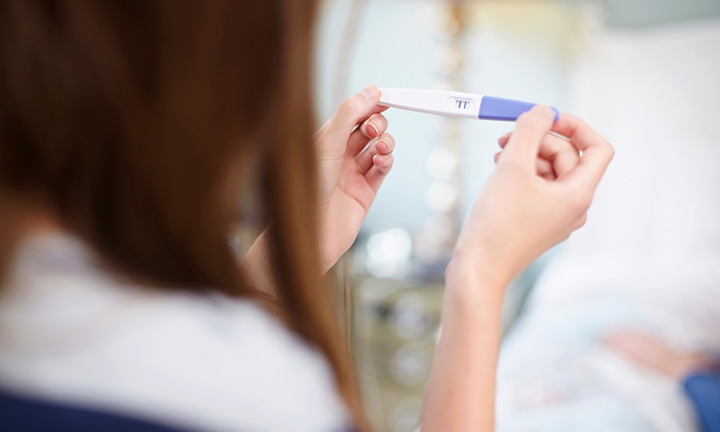Pregnancy symptoms vary from woman to woman and can also be different from one pregnancy to another. Implantation happens when a fertilized egg attaches itself to the lining of the uterus, where it receives nourishment and begins to grow. This typically occurs about 6-10 days after fertilization and is the beginning of pregnancy. The egg burrows into the uterine lining and forms a connection with the blood vessels, which allows it to receive oxygen and nutrients from the mother’s bloodstream. As the egg grows and develops, it will form the placenta, which will continue to support the pregnancy until birth. Here are the common early signs of pregnancy that you shall take in consideration.
What are the early signs of pregnancy?
Here are 8 common early signs of pregnancy, with a brief description of each:
- Missed period: A missed period is one of the most noticeable and telltale signs of pregnancy.
- Nausea and vomiting: Nausea and vomiting, often referred to as “morning sickness,” are common during early pregnancy and can occur at any time of the day.
- Breast changes: During pregnancy, the breasts may become tender, swollen, or tingly, and the nipples may be more sensitive.
- Fatigue: Many women experience increased fatigue during early pregnancy, often due to increased levels of the hormone progesterone.
- Mood swings: Hormonal changes during pregnancy can lead to mood swings, irritability, and depression.
- Bloating: Increased levels of progesterone can cause bloating and discomfort during early pregnancy.
- Spotting or cramping: Some women may experience light spotting or cramping as the fertilised egg implants in the uterus.
- Increased urination: As the uterus expands, it puts pressure on the bladder, causing an increased frequency of urination during early pregnancy.
It’s important to note that not all women experience these symptoms, and some women may experience symptoms differently. If you suspect you may be pregnant, it’s best to take a pregnancy test or see a doctor for confirmation.
Is Implantation Bleeding normal while conceiving?
Implantation bleeding is a common and normal occurrence during early pregnancy. It occurs when the fertilized egg implants itself into the lining of the uterus, causing light spotting or a small amount of bleeding. This usually occurs around 6-12 days after conception, or about a week before the next expected period.
Implantation bleeding is usually light and brief, lasting only a few hours to a couple of days. It’s also usually light pink or brown in colour, unlike a menstrual period which is usually red.
It’s important to note that not all women experience implantation bleeding, and some women may mistake it for a light period. If you suspect you may be pregnant and have any concerns, it’s best to speak with your doctor for further evaluation.

